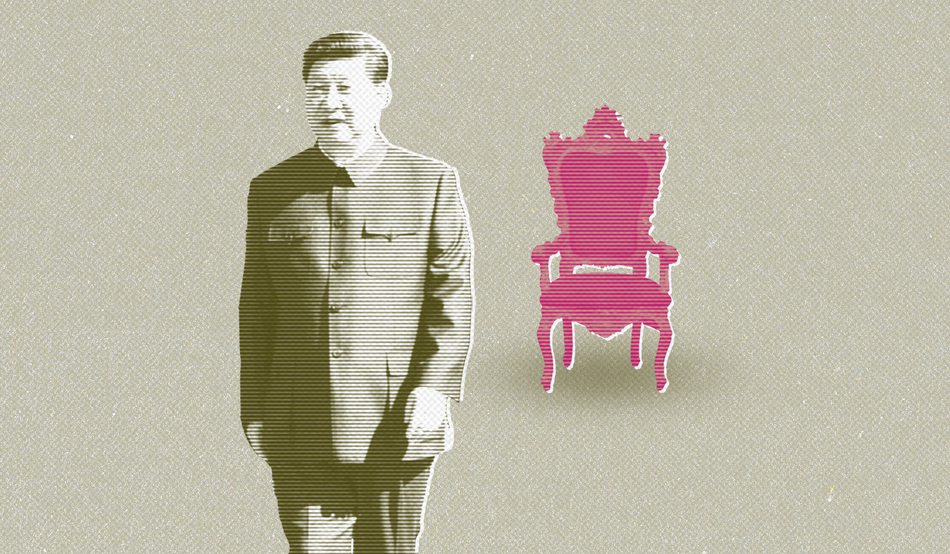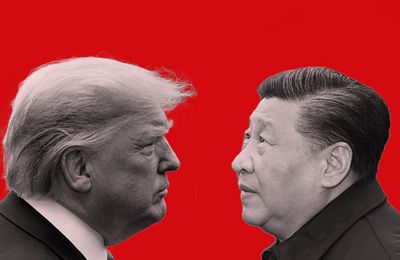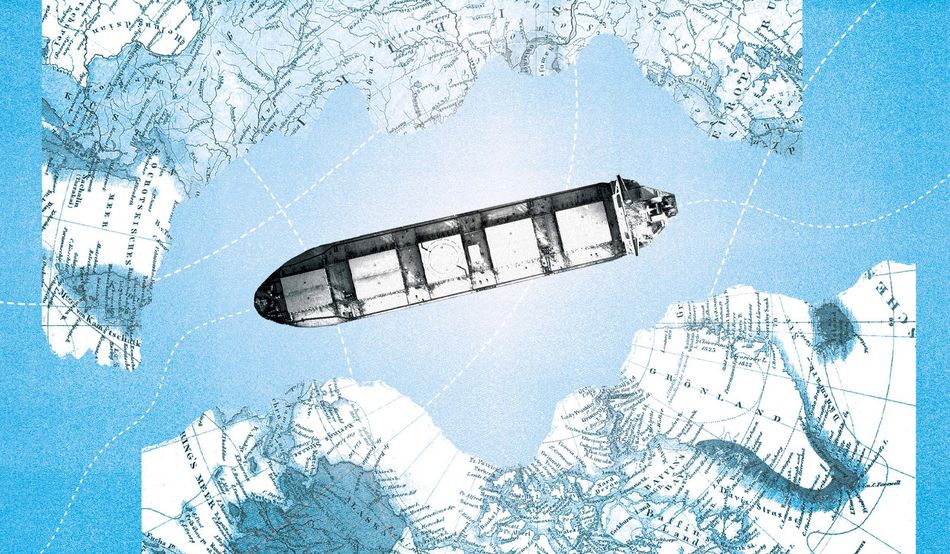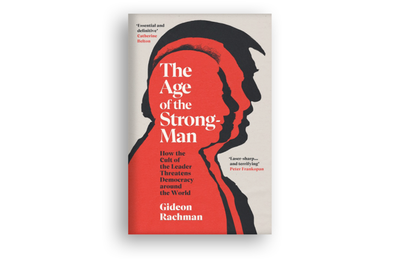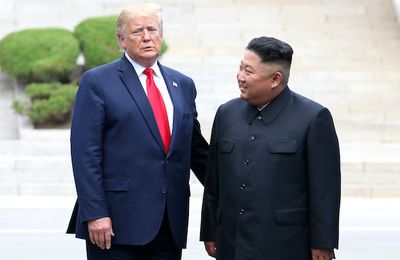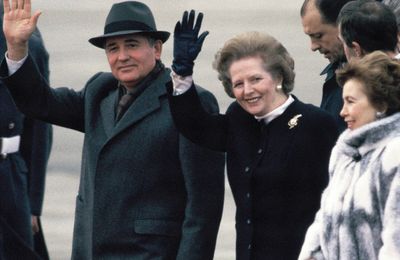A small but significant minority of younger UK citizens believe that dictatorship would be better than democracy. Despite democracies’ troubles, however, they still have at least one powerfully attractive feature—when a leader’s time is up, he or she steps down and is calmly replaced by another. Admittedly, on 6th January 2021 the United States teetered on the edge of creating an exception, but the system held in the end.
Whatever benefits strongman rule is perceived to deliver, it very rarely ends well. Strongmen know that they hold their power through force and by generating fear. As they get older, their capacity to do both diminishes, and sharks begin to circle. Logically, they should name a successor, but this rarely goes well. While democratic leaders are inclined to understand that the country and the state are bigger and more permanent than they are, strongman leaders tend to the opposite—they believe they are the most important thing in the state and that their presence is essential to its greatness. That view brings the fear that, without them, the project will collapse, and that, in turn, becomes their justification for clinging on for as long as they can and for killing off challengers, literally or figuratively.
History is littered with examples of succession crises around the death of a strongman. One of the most dangerous jobs in China in the late 1960s and early 1970s was that of nominated successor to Mao Zedong: Lin Biao died in a plane crash; Liu Shaoqi died miserably in prison. That Deng Xiaoping survived two falls from grace before eventually taking power was a measure of Mao’s weakness in his closing years—and, even then, it only happened once Mao’s widow and her supporters had been arrested and imprisoned, and Mao’s final nominee quietly sidelined. To ensure that China would, in future, enjoy orderly successions, Deng set term limits for leaders and advocated a more collective approach at the top of government. Xi Jinping has done away with both. But China is not the only country that is now vulnerable to a succession crisis.
As Donald Trump dismantles the checks and balances that have kept US democracy on a relatively even keel, and Vladimir Putin and Xi exchange tips on that other familiar dictatorial obsession of how to attain immortality (Putin suggests organ transplants), orderly succession in a world that is inclining towards the strongman model seems increasingly unlikely.
The leaders of Russia, China and the United States are all men in their seventies who show no signs of accepting that their time will come to an end. Trump will be 82 at the end of this presidential term and hints at another run—illegal, under the two-term limit. If fate intervenes, the fight for his legacy in a fractured and messy Maga movement could be fierce. Putin and Xi are both a relatively junior 72. There are frequent rumours and recurring speculation in their respective countries about the leader’s physical and mental health. All three so dominate their domestic political systems that none can guarantee an orderly succession even were they to nominate a successor, and for each strongman the fall of one of the others could also have serious consequences.
The death of a dictator unleashes long-suppressed resentment and empowers enemies who can seize their chance to wreak revenge on the leader’s policies and supporters. A power struggle in Beijing, for example, could send shockwaves through markets, create financial turbulence across the region and disrupt global supply chains. If Xi were gone, Putin would lose his closest strategic partner, with the risk of old grievances returning. As a result, Russia’s neighbours and Nato partners would have to prepare for unpredictable behaviour from an unstable Russia. Internal power struggles in either country could give North Korea an opening for an adventure against South Korea, sending further shockwaves across the region. In today’s fractured and unstable world, the impacts on smaller nations of a crisis in one or all of the major powers could be serious.
There is little hope that Trump’s America, or the US destabilised further by the removal of Trump, would help to steady the situation.
The death of the Soviet Leonid Brezhnev in 1982, after years of manifest health problems, led to two more brief reigns by sick old men until Gorbachev took over. At the time, Deng was in charge in China, US democracy was still in good shape and the international shockwaves of the collapse of the Soviet empire could be managed.
Today, each global giant is fraught with internal problems and faces an unstable and contested world. It is not a reassuring landscape.
